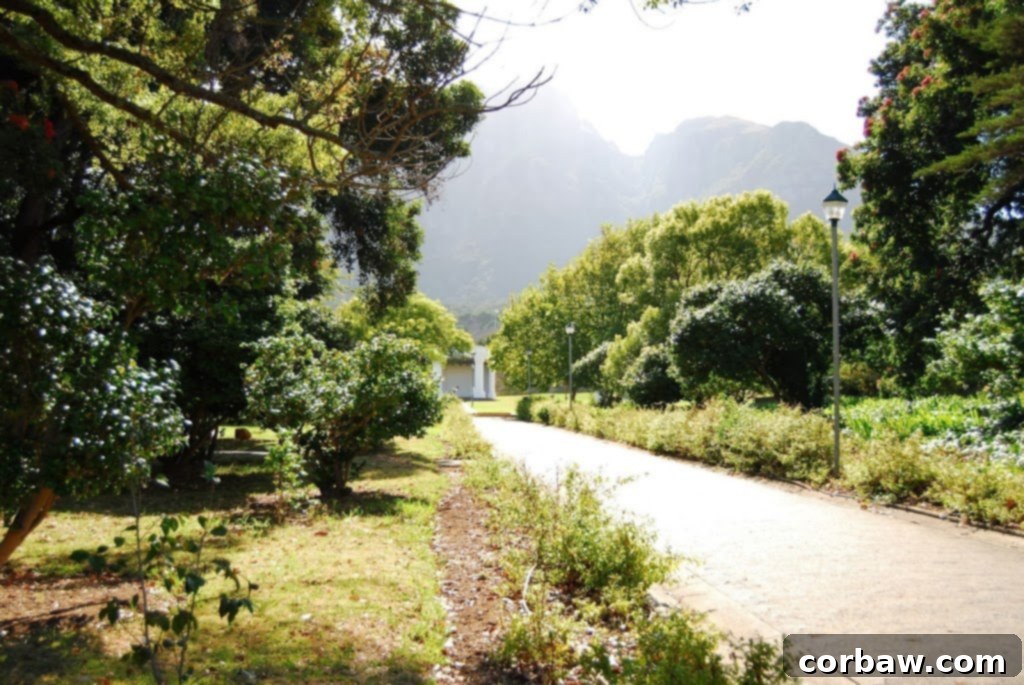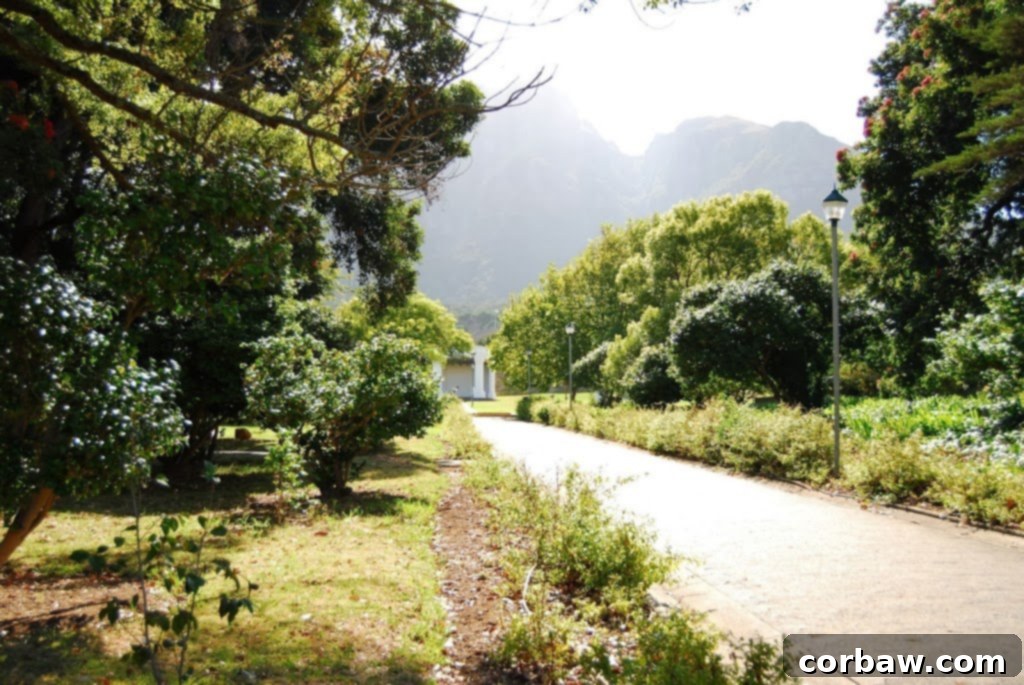Navigating Daily Life in Cape Town: A Newcomer’s Guide to Unexpected Differences from the USA

Settling into a new country, even one as vibrant and beautiful as Cape Town, South Africa, comes with its unique set of adjustments and delightful surprises. My fiancé and I have been slowly but surely finding our rhythm in this stunning city. The initial days were a whirlwind of unpacking, exploring our new neighbourhood, and, most notably, grappling with the absence of a reliable internet connection. Our reliance on the digital world became starkly apparent during those first few weeks. We spent several antsy evenings watching the handful of television channels available, or returning from captivating excursions with burning questions that, without Google, remained tantalizingly unanswered. While initially frustrating, this forced digital detox perhaps offered a subtle, unintended benefit, pushing us to connect more deeply with our immediate surroundings and each other.
Beyond the surprisingly significant hurdle of establishing consistent internet service in our new apartment, our initial days in Cape Town have highlighted numerous daily differences from life in the United States. These distinctions range from the mundane to the genuinely unexpected, collectively painting a vivid picture of adapting to a new cultural landscape. Here are some of the most striking variations we’ve encountered:
-
Electricity Operates on a Pay-As-You-Go System. This was, without a doubt, one of the most intriguing and novel concepts we’ve encountered. The idea of “prepaid electricity” was entirely new to us, a stark contrast to the monthly billing cycles we were accustomed to in the States. Upon moving in, our landlord guided us to a small digital meter in our apartment, explaining that our current credit might only last the night. At 7:30 p.m., this wasn’t the most comforting news! She then elucidated the process: electricity “vouchers” or credit could be purchased at the checkout counters of most local grocery stores, such as Pick n Pay. This seemed bizarrely convenient yet profoundly different. Our first venture involved buying approximately $20 worth of electricity. The cashier simply asked for our address, and we, somewhat naively, assumed the power would magically replenish itself. After nearly half an hour back in our dark flat with no change, it dawned on us that it wouldn’t be quite so effortless. A closer inspection of the meter and the receipt revealed a PIN number. Once we correctly entered this sequence into the meter, a satisfying beep confirmed the transaction, and our disheartening 14 kWh balance instantly transformed into a robust 153 kWh. This system inherently encourages a high degree of energy consciousness. Every single individual electrical outlet in our flat is equipped with its own on/off switch, empowering us to meticulously control our consumption, a practice that locals seem to embrace with natural efficiency.
-
Cell Phone Plans Function Differently Here. Similar to electricity, the prevailing model for mobile communication in Cape Town, and indeed much of South Africa, is also pay-as-you-go. The American paradigm of “unlimited data, unlimited calls, unlimited texts” simply isn’t the norm. While we had already planned on opting for a prepaid cell phone plan as expats, it was fascinating to discover that this is the standard for most residents. This system allows users to purchase bundles of minutes, data, and SMS messages (they are indeed referred to as “SMS,” not “texts,” here) as needed. Again, the convenience of buying these credits at grocery store checkout lines is a common feature, making it remarkably accessible. Newcomers also need to be aware of the RICA registration process, a legal requirement in South Africa to link your SIM card to your identity document, a crucial step for activating any new mobile number.
-
Drivers Exhibit a Very Aggressive Style. This particular difference was quite a jolt for us, especially coming from Portland, Oregon, a city renowned for its exceptionally polite, non-honking, and generally amiable drivers. The driving culture in Cape Town feels like a dramatic departure. Here, motorists frequently weave between lanes with little indication, honk their horns constantly, often as a form of communication rather than just anger, and generally maintain incredibly high speeds. Our rental car, an older model Benz that affectionately resembles a boat, struggles to keep up; it takes a considerable effort for the poor vehicle to accelerate to speed. Furthermore, starting it often requires several attempts, making us feel even more out of sync with the fast-paced, assertive flow of local traffic. Adapting to this driving style requires heightened vigilance and a quick learning curve in defensive driving.
-
Wine, Beer, and Liquor Are Comparatively Inexpensive. This is one difference about which we have absolutely no complaints! South Africa, particularly the Western Cape region where Cape Town is situated, is globally renowned for its exceptional wine industry. Consequently, high-quality wines are readily available and incredibly affordable compared to prices in the United States. Local craft beers are also experiencing a boom, offering a fantastic array of options at reasonable prices. Spirits, too, tend to be less costly. This affordability makes exploring the region’s numerous wine farms and breweries a delightful and accessible pastime, transforming what might be an occasional indulgence elsewhere into a regular pleasure here. It certainly adds a pleasant dimension to social gatherings and dining experiences.
-
It is Very Common to Only Have a Washer, No Dryer. Another practical adjustment involved our laundry routine. Most apartments and homes in Cape Town are equipped with washing machines, but tumble dryers are a rarity. This means embracing the traditional method of air-drying clothes. Fortunately, Cape Town’s climate often provides a natural solution; the consistent heat and frequent breezes dry clothes remarkably quickly when hung on a line or drying rack. While initially a minor inconvenience, it’s a sustainable and energy-efficient practice that one quickly adapts to. It also means paying close attention to the weather forecast before doing a large load of laundry, as unexpected rain showers can necessitate quick retrieval of drying garments.
-
There Are No Ziploc Bags! This particular discovery was surprisingly impactful. I had vaguely read on a travel forum that certain countries don’t stock common household items like Ziploc bags, but I hadn’t taken the warning seriously enough. Lo and behold, it’s absolutely true. The ubiquitous, resealable plastic bags that are a staple in American kitchens are virtually non-existent here. This has presented a genuine challenge, particularly when it comes to food storage and freezing. I’ve always relied heavily on freezer bags for everything from meal prep to preserving leftovers, and their absence has forced me to get creative. I’ve scoured three different major grocery stores, only to confirm their unavailability. For now, I’m carefully rationing the small supply we wisely brought from home and exploring alternatives like reusable containers, cling film, and different types of general-purpose plastic bags that, while not Ziploc, offer some degree of sealing. It’s a small but significant detail that highlights the differences in everyday consumer goods.
-
The Pace of Life is Notably Slower. Beyond these specific, day-to-day observations, a more general, overarching difference we’ve keenly felt is the overall slower pace of life in Cape Town. This manifests in various ways, from the leisurely dining experiences at restaurants, where meals are often meant to be savored over extended periods, to the time it takes to procure essential services – yes, including the aforementioned internet access! Customer service interactions, administrative tasks, and even daily transactions tend to unfold with a more relaxed cadence. For those accustomed to the rapid-fire efficiency of American life, this can initially be a source of mild frustration, but it also offers a compelling invitation to slow down, be more present, and perhaps even appreciate the art of waiting. It’s a subtle shift, but one that gradually encourages a more patient and unhurried approach to daily living, which, in the long run, is probably a very healthy adjustment for us.
These initial observations represent just a snapshot of the cultural nuances and practical adjustments we’ve encountered so far. Moving to a new country is an ongoing lesson in adaptability and observation. Each difference, whether minor or significant, contributes to a deeper understanding of our new home. Embracing these disparities, learning to navigate them, and finding humor in the unexpected are all part of the enriching experience of becoming accustomed to life in Cape Town. We anticipate many more discoveries as we continue our journey, eager to fully immerse ourselves in the unique rhythm and charm of this incredible South African city.
